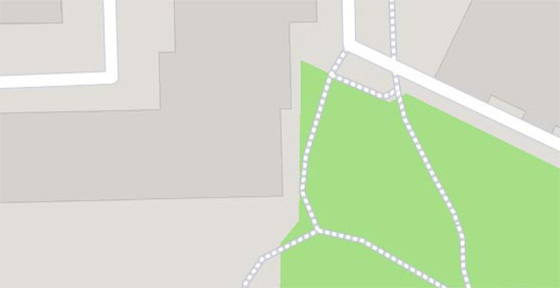This building, modeled on the Teutonic castles, that was built at the turn of the thirteenth and fourteenth century is famous for the biggest known dansker, that is a corner oriel or a defense and sanitary tower extended beyond the walls of a castle. In Kwidzyn this dansker tower is 25 meters high and overhanging as far as 54 meters, and is connected to the castle by an indoor jetty, supported on the five pillars. Nowadays, Castle Museum is located here.
Visiting the castle's interiors one can see, among others: a brick owen of medieval heating system with hot air, a painting and artistic craft gallery, a nature exhibition and – located in a dansker – ethnographic exposition. A rectangular hole is still present in a dansker, above which was probably set a wooden booth. Sewage were falling straight to the stream flowing under the tower.
In 1410, during the first expedition against the Teutonic Order, a castle in Kwidzyn was taken by the armed forces of Władysław Jagiełło. But due to treaty of the Second Peace of Thorn in 1466, polish party had to return the castle. The building was subjected to severe damage during the Swedish Deluge. In eighteenth century Prussian authorities ordered its demolition. But this was stopped and only in the second half of nineteenth century reconstruction work was carried out.
Attractions inside




